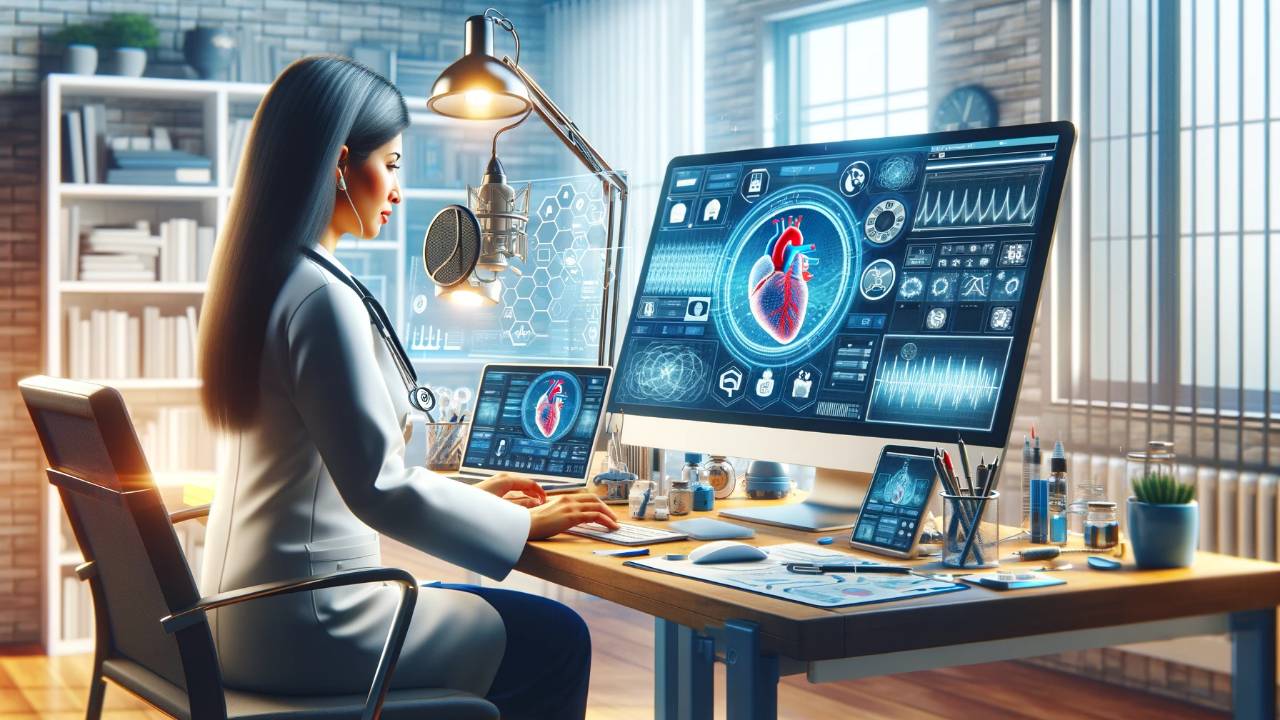
Passing the half century mark, I’ve hit peaks and valleys in my people skills, learning to give others what they need, and knowing what I need.
As a med student, I learned to exude confidence and knowledge to enable me to succeed in the fierce competition to become a surgeon. In that world, doubt, fear, or hesitancy are signs of weakness.
While growing these image muscles helped me get A’s, honors and letters of recommendation, these habits cause some people to call me arrogant, cold or rigid.
Even when I have shared my challenges, crises and vulnerabilities, friends have told me I don’t share my vulnerability or I have walls. The irony of it all.
As I read Brene Brown's book on Imperfection, I had an epiphany that what I learned and grew to become better at in medicine also hurt me in connecting with others.
Learning to resolve the confusing enigma between being perfect with every correct answer as a doctor (which patients want and need) battled in stark conflict with the reality of my imperfection and relating as humans or saying I don’t know or I don’t have the answer. Words no patient wants to hear. I can’t tell you how many patients complain to me when their doctor is not doing anything differently or helping them and they blame the doctor for not caring. When in reality, I know he or she cannot and simply will not say “I don’t know.” Those three words will cause that visit with a patient to be the last.
Patients want and expect their docs to be the best and have all the answers.

Medicine, health, and happiness are so much more complicated that they can’t be solved with a single visit, pill or surgery. Oftentimes the patient is not the most objective measure of their own problem. Many times my patients tell a story that matches what they blame for the problem or what they are focused on but does not match the real problem, leaving the truth for the doctor detective to reveal and solve. It ain’t easy.
For me inside and outside of medicine, I have discovered immense freedom in learning that I don’t need to always be perfect. For sure, I try my best with every patient and give 200% in every surgery. I am humbly aware that I will never know all the answers to every question of my patients, my kids or the voice inside my head. I have gained peace to do my best and when I’m stumped or stuck, to recommend someone else for another perspective.
How have you embraced not being perfect?

Let me tell a secret to those of you who are stuck, lost or frustrated.
The opposite of perfection is freedom and authenticity. The ultimate freedom is being real to try and discover and make mistakes in life. To learn and improve and become a better you every day.
There’s nothing wrong with the medical mindset of striving for perfection in the care of other human beings. It is a massive responsibility and burden. But in your own life, taking risks to learn, grow, and expand are essential for living your best life ever.
That is what I have learned by breaking out of the medical mindset. I hope you can too.



